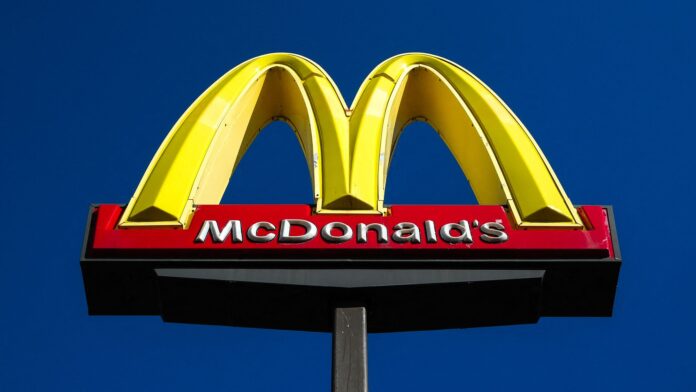McDonald’s Boycott: A coalition of Black McDonald’s franchisees has backed a national boycott against the fast food giant, increasing pressure on the restaurant chain following accusations of systemic racial discrimination in its franchising practices. In what represented an escalation in the ongoing controversy, the group, which represents 37 former operators who together owned 112 locations before leaving the system, said at a press conference in Chicago on Wednesday that it was supporting the boycott.
Allegations of Discriminatory Practices
The former franchisees claim they encountered a pattern of roadblocks to prosperity within McDonald’s Boycott system, such as being directed to less-profitable locations in dangerous neighborhoods, not receiving the advantageous financial terms their white counterparts did, and being denied opportunities to grow. Their demands expand on lawsuits the company has previously faced, including a high-profile $1 billion discrimination case that was settled in 2021 and which critics said did not address systemic inequity.
“After decades of working as second-class operators, we can’t be quiet anymore,” said Terrance Williams, who ran three Detroit-area locations between 2012 and 2023. “The practice of forcing Black franchisees to operate in economically distressed African American communities, while simultaneously denying them the resources to thrive, is clear and consistent. We are boycotting to demand change, not for symbolic gestures of solidarity.
Also read: McDonald’s and Krispy Kreme End Partnership Due to Low Demand
Growing Boycott’s Impact on the Economy
The campaign has collected a big push since it began earlier this month, including McDonald’s finding that same-store sales in primarily black neighborhoods plunged 12% in the first three weeks of June. Financial analysts say the boycott could cost the company an estimated $150-200 million in sales for this quarter if the current several-week trend continues.
Former franchisees joining the McDonald’s Boycott are adding to the legitimacy of the boycott, said retail analyst Marissa Chen of Bernstein Research. “This isn’t a bunch of consumers complaining — this is seasoned business people that know the system, that know McDonald’s inside and out,” Chen said. “Their participation points to underlying structural problems that may eventually affect the company’s ability to attract and keep franchisees.”
McDonald’s Response and Damage Control
McDonald’s CEO Chris Kempczinski released a statement Wednesday evening in which he noted “important conversations about equity in franchising’’ and defended the company’s record. The corporation cites its 2023 initiative to add more minority franchisees and a $250 million lending program for underrepresented operators it launched last year.
But critics say these steps miss the core issues. “Throwing money at this is a waste if you don’t change the culture around discrimination,” said the civil rights attorney Nicole Lynn, who is representing several former franchisees. “The system is still designed to be stacked against Black operators; there is no site selection and renovation approval.”
Historical Context of Franchisee Relations
The current controversy is the most recent chapter in decades of strain between McDonald’s and its Black franchisees. Although it has touted its past with trailblazing Black operators in the 1960s and ’70s — the era that included Ellis — internal records in multiple lawsuits depict ongoing disparities in profitability and longevity between Black-owned and white-owned locations.
A 2024 Harvard Business School study found that Black-owned McDonald’s locations generated 18 percent less in annual sales than those owned by comparable whites, with higher closure rates. The gap was largely attributed by researchers to location assignment and access to capital rather than operator performance.
Broader Industry Implications
The McDonald’s protest is already attracting more attention to franchising practices throughout the fast food business. The National Black Franchisee Association has said it plans to audit racial equity policies at five major chains, and some lawmakers are demanding congressional hearings on franchising discrimination.
“This is not only about one business — it’s about whether or not the franchise model can be a fair way for minority business owners to work,” said Rep. Steven Horsford (D-Nev.), who chairs the Congressional Black Caucus’ economic justice task force. What we’re seeing are systemic failures that require legislative fixes.”
Also read: The Shocking Crime Costing Walmart and Target Customers Thousands
Consumer and Employee Reactions
The boycott has been especially strong among Black consumers, and #NotMyMcdonalds was trending on social media for 14 days straight. Employee resource groups have begun to throw their support behind the movement, noting similar concerns about workplace discrimination and wage inequality.
Protesters in some cities have held “alternative breakfast” demonstrations near McDonald’s, led groups of customers to Black-owned local restaurants, and distributed food to the homeless. “We’re not just saying no to McDonald’s – we’re saying yes to businesses that invest in our community,” organizer Keisha Johnson said at a Philadelphia event that attracted more than 300 people last weekend.








